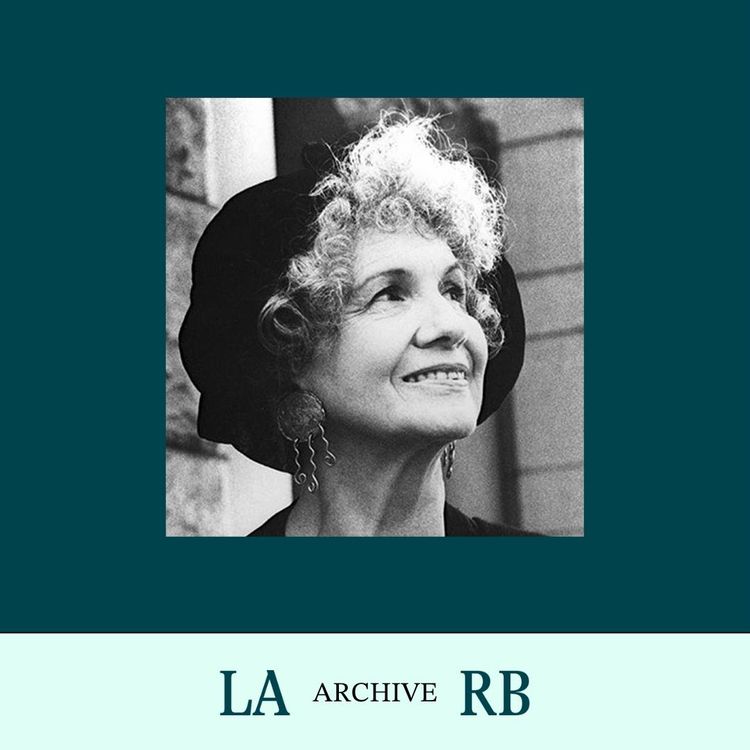It Was as If We Had Won: In Memory of Alice Munro | Los Angeles Review of Books

Ellie Eberlee looks back on a significant loss that affected the global literature community and the world as a whole:
I received the information about Alice Munro's passing while waiting at Toronto's Pearson Airport; precisely, at Air Canada's Terminal 1 for International Departures. Interestingly, another editor at LARB was responsible for sharing the news with me. Despite my surprise, the passengers seated around me did not show any signs of concern. Therefore, I communicated my shock to my L.A. colleagues via Slack, stating that Canada had lost a prominent literary figure. One editor typed that everyone must pass on eventually, with another adding that this included the good and bad. However, I was hesitant to agree, given that Alice Munro did not belong to that category.
It doesn't feel totally honest for me to talk about the impressive impact of the late Nobel Laureate, who seemed almost immortal, and her extraordinary yet relatable understanding of literature and life, especially as a Canadian. Let me be clear: I admire her deeply - I've even tried to adopt her way of thinking and the perspective she brought to the Canadian wilderness; the stories she wrote about the seemingly never-ending expanses of empty yet beautiful land; the unique way she wrote about the language and life in small-town Ontario, which quickly became popular all around the world. But even though I grew up nearby Wingham, where Munro was born, in my own small nook of Ontario, I didn't start reading her stories until I moved to Vermont for college, thinking I left rural Canada behind me forever.
In a creative writing class, my teacher assigned us the story "Passion." As I read the jagged photocopy, I felt like I was holding a piece of rock from the rocky Canadian Shield that I grew up exploring. It was heavy and rough, with uncertain cracks and part of something too great for my 17-year-old mind to comprehend. However, I noticed that with this story came the familiarity of my roots and bedrock, something I thought I had left behind. Suddenly, I realized that I didn't have to choose between the comfort of family and the thrill of adventure. Both could come with me, even when I didn't have a choice. Since then, I have carried books like "Hateship, Friendship, Courtship, Loveship, Marriage," "Too Much Happiness," and "Dear Life" with me from Vermont to Toronto, from England to my current home in Brooklyn. They will be among the possessions I bring with me when I move to Los Angeles this summer.
Many people feel a strong connection to Canada's literary master, Alice Munro, and there has been a lot of grief and gratitude expressed since her passing. At LARB, we are sharing two pieces from our archives that celebrate Munro's work. Elissa Schappell wrote an essay in 2013 praising the "tightness" of Munro's stories while also admiring how she leaves the endings open for interpretation. Kyle McCarthy also wrote a tribute to Munro's universal appeal and how her Nobel Prize win felt like a victory for all of us who love and admire her work. In a more recent essay from 2021, a Canadian translator named Anand talked about his privilege of translating Munro's work into Hindi. However, he also shared how frustrating it was that Munro's incredible achievements were not always recognized, leading him to wonder who else is guarding Canada's culture now that she's gone.





















































